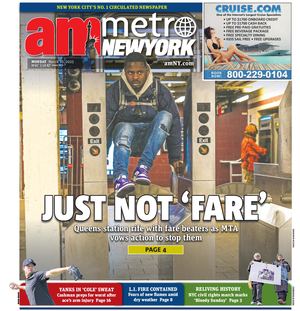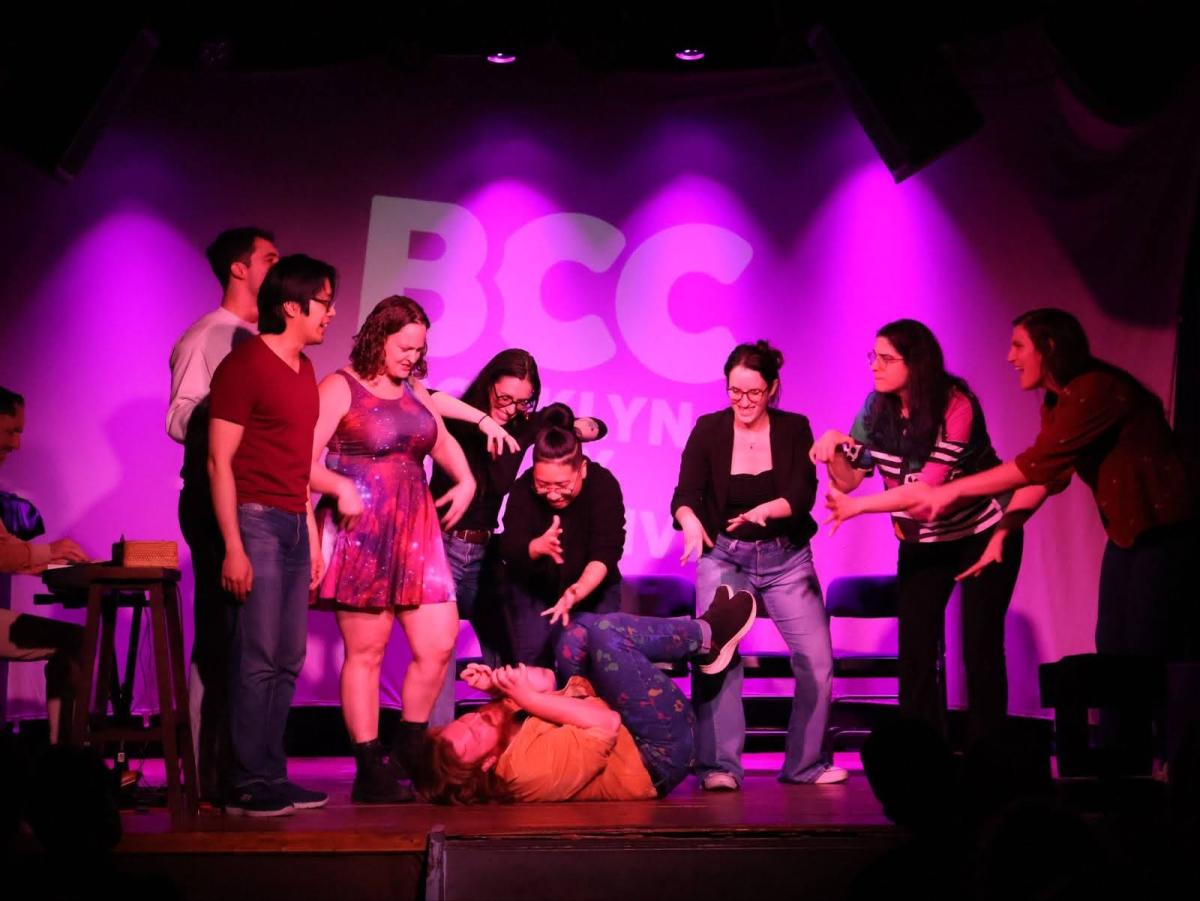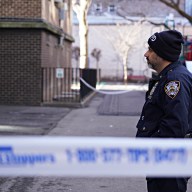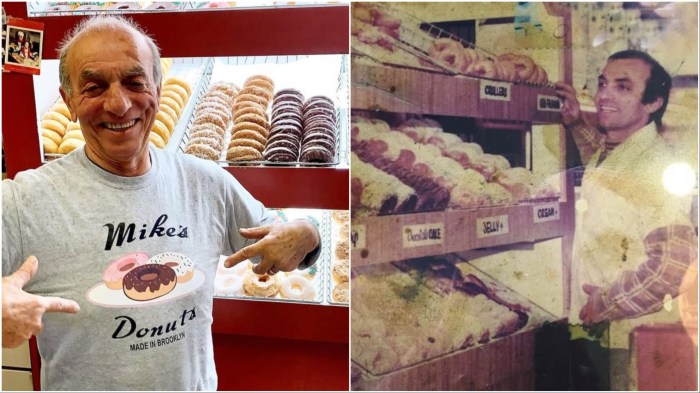Sen. Bernie Sanders didn’t win the Democratic presidential nomination, but he drew new voters.
Around the country, some of those voters are now running for offices like county commissioner, school board, city council, state senate and even Congress. While a presidential run gets more attention, this strategy of building political power from the ground up is better for movements outside the establishment — the Christian right in the United States, the Swedish Social Democrats, or the left in many Latin American countries.
In NYC, there is plenty of enthusiasm for this idea. Many New Yorkers voted — and volunteered — for Sanders, and some even belong to organized groups that are independent of either major party, like Democratic Socialists of America or the Green Party. NYC has a ready pool of volunteers, and even fairly robust alternative media, to amplify the message. The problem? We don’t have enough good candidates.
Next year, for example, some City Council seats with unpopular incumbents will offer an opportunity for the left, even if no viable contenders have yet announced candidacies.
One of the reasons for that problem is that it’s so expensive to live in NYC; not many New Yorkers, especially working-class people whose voices have been often excluded from mainstream politics, can forgo an income for the duration of a campaign.
And, unlike many cities and towns, NYC doesn’t have many of the entry-level offices that often train newcomers to become strong politicians, and whose campaigns can help build independent political power. (For example, we don’t elect our school boards.) Finally, our independent, left-leaning organizations aren’t yet multiracial enough to nourish winning candidates in many of our neighborhoods.
These aren’t insurmountable problems. Progressive people can — and should — run for district leadership, some county offices and even the State Legislature.
A handful, some calling themselves “Berniecrats,” are showing that it can be done. But we need to further strengthen our organizations, and that will come with identifying, nurturing and supporting strong candidates who can run.
Liza Featherstone lives and writes in Clinton Hill.

































